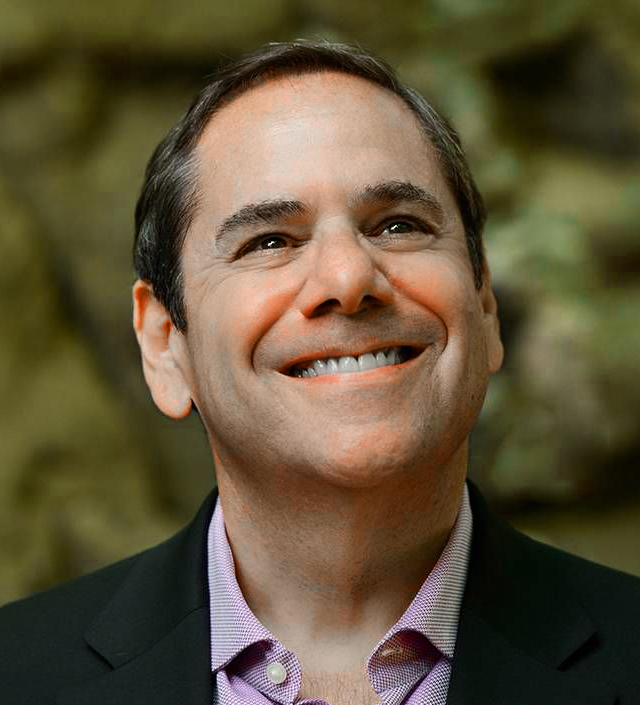
A few years ago, I met with a woman whose husband had recently passed away. She was spunky with a 70 years-young mindset. She had some fun and challenging goals for her next chapter, like renovating a cabin on the farmette they had been renting out and starting to make cheese there.
But we ran into some roadblocks early on. Her husband was the one who handled all of their financial affairs. She was overwhelmed by the number of accounts, institutions, updates and decisions to be made. By the time she came to see me, she had already signed documents at one of the institutions. And she had no idea what she signed.
They never worked with an advisor because he was a DIY type of guy. He did, however, prepare lists and spreadsheets for her. Unfortunately, this was not enough preparation. Because we don’t live in spreadsheets, we live in the real world.
As we were talking, I couldn’t help but think about how different her frame of mind might be if she already had a relationship with a good advisor. If someone had been able to tell her early on, “Take your time, you don’t need to do everything right now.” If she had eight less institutions to deal with and someone who knew her children, her situation, her values and her vision for the farmette.
Instead, she had lists and a representative who didn’t know her at all and had her sign something she was not in the right frame of mind to sign. I ended up not being able to help her much — the decisions she had already made were irreversible.
I saw my own mother go through something similar when I was 15 years old, after my dad died unexpectedly in a car accident. She didn’t have an advisor or any type of a team in place. She had no trusted counsel to help guide her through a harrowing series of decision-making during an already painful time. She made some mistakes.
In financial services, we constantly hear that women live longer than men, women will likely outlive their spouses — so we need to plan accordingly. We need to discuss long-term care insurance with our clients and project and plan for changes to income and cash flow. This is all true.
But what is not talked about nearly enough is that transitions take energy. The grief process is not only highly emotional; it is also accompanied by chemical changes to the brain. The pre-frontal cortex, the area of the brain in charge of memory, learning and emotional regulation, is flooded with neurochemicals and hormones, which then leads to loss of sleep, fatigue and anxiety. When you’re grieving, it’s hard enough to get out of bed most days, or remember simple things like where you left your keys. This is a terrible time to take in a lot of new information and make complex and critical decisions.
And it’s not just grief. Major life transitions take energy, even the positive ones. A transition could be birthing a child, selling a business, retiring, divorcing or stepping into a caretaker role. All of these situations are highly emotional and take a lot of energy. Brain function takes a hit and can lead to exhaustion.
We can and need to talk to our clients about why it’s so important that they are engaged in the process now. Acknowledge the good work they are doing and the progress they are making —because at some point in their lives, they won’t have the mental capital that they do now. Their investment of time and energy will also experience the wonders of compounding, though in a profoundly different way.
As advisors, we focus so much on the planning, products and strategies that can help prepare and protect our clients when life throws a curveball. We can help clients avoid information overload and costly, irreversible missteps. That’s the spreadsheet world. But one of the most overlooked things we can do to prepare our clients for these life events is not reflected or measured on a spreadsheet.
I am not a psychologist or therapist. I don’t have any scientific evidence, but after 20 years as an advisor, I’ve observed and experienced this: We bring value and comfort by being there. Being truly present. Being part of a team of trusted advisors. Being human in a world of identification numbers, robo-calls and endless phone mazes.
With married couples or domestic partners, it’s not uncommon to divide tasks and have a point person for various tasks like the social calendar, kids’ activities and financial affairs. Even in those cases, encourage both partners to be present in calls and meetings.
I’ve seen clients who started out with phobias around money grow to be very comfortable having conversations and making decisions over time, thanks to gradual exposure, and generous doses of humor. The process reminds me of the immersion method by which we acquire language. Engage the reluctant spouse in the process now. Meet them where they are. Eventually, they will acquire more knowledge and more confidence.
Nobody can fully prepare you for how difficult it will be to get through some of the worst days of your life. But as advisors, we can serve as a buffer for our clients. The simple act of being there, being one of those first phone calls and helping to identify what needs to be done — and what does not — is incredibly valuable.
Even with my firsthand experience — as a teen observing my mom’s lack of preparation and as an advisor – I have taken for granted the value and comfort that we bring in the toughest of times. Meeting with this widow was a sharp reminder. We bring so much value to our clients’ lives, and it’s much more than what is reflected in portfolio reporting. For some clients, the greatest value hasn’t even been delivered yet.
Karen Coyne, CFP® is the founder of Clarity Planning, an independent financial planning practice at Raymond James. She is also the podcast host of FRESH OFF THE VINE™, and loves to explore the myriad of ways that finances intersect with so many other aspects of our lives. She can be reached at karen.coyne@raymondjames.com. Clarity Planning offers investment advisory services through Raymond James Financial Services Advisors, Inc. Any opinions are those of Karen Coyne and not necessarily those of Raymond James.







